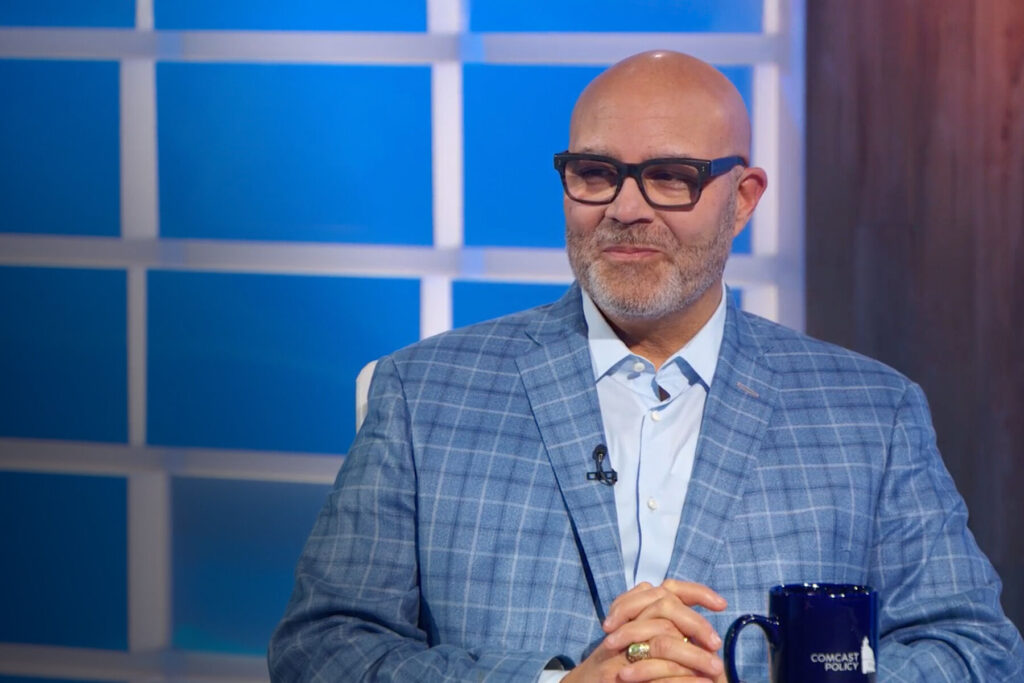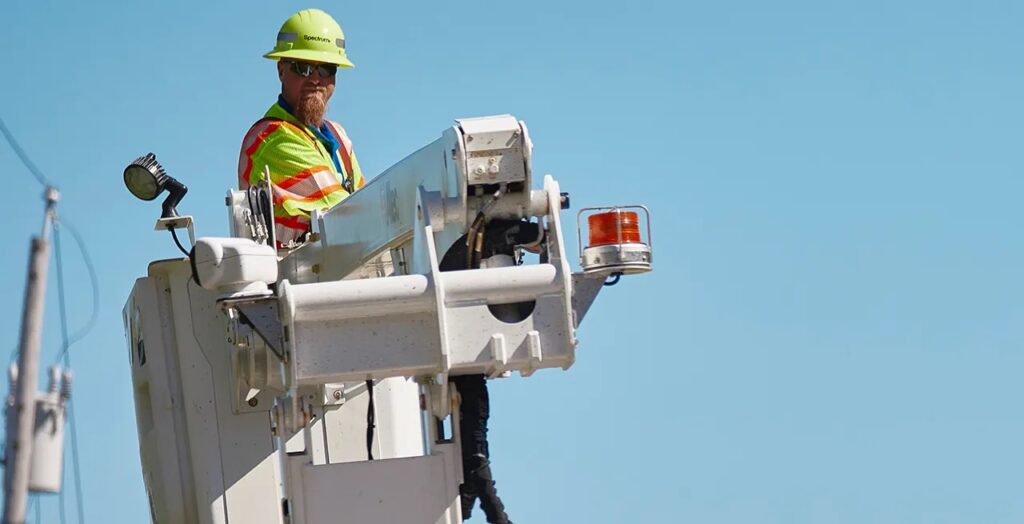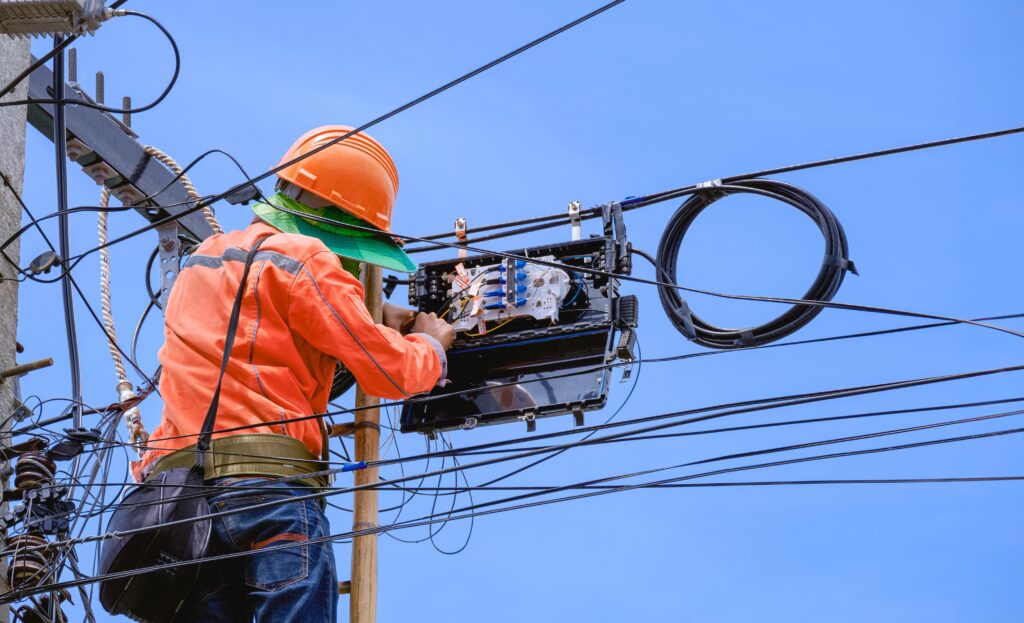The cable industry serves millions of consumers every day through its delivery of high-speed internet and award-winning TV programming, but what’s more remarkable is that it continues to provide its customers with these quality products and services while reducing energy consumption at the same time. The industry’s various green initiatives, especially its Voluntary Agreements, are benefiting consumers through tremendous cost and energy savings. This hard work and its positive results recently gained recognition from Environmental Leader—a leading daily trade publication that covers energy and sustainability news. The publication gave its 2019 Project of the Year award to NCTA and the Consumer Technology Association (CTA) for their leadership in the voluntary agreement to increase the energy efficiency of consumer internet equipment, three years after the industry’s set-top box voluntary agreement received the same award.
The Small Network Equipment (SNE) Voluntary Agreement was implemented in 2015, modeled after the landmark voluntary agreement for set-top boxes adopted in 2013, to encourage energy efficiency in the use of modems and routers. The VA’s signatories included the nation’s largest consumer internet service providers (Altice, AT&T, CenturyLink, Charter, Comcast, Cox, Frontier, and Verizon) and major manufacturers (Actiontec, ARRIS, Netgear, Technicolor, and Ubee) who are leading the charge to develop strategies that reduce energy usage. An audit in 2018 found that the initiative has improved the efficiency of home internet devices by 20 percent, and that 99.2 percent of small network equipment devices that were either purchased or sold at retail by the VA’s participants met the agreement’s energy efficiency levels.
These achievements are even more noteworthy when one takes into account that millions of Americans are demanding faster internet speeds and more robust Wi-Fi every year to support the ever-growing number of devices in their homes. It’s also important to note that traditional efficiency regulation is ill suited to high-tech devices with short life cycles, such as home internet equipment. Traditional regulation requires parties to seek advance permission before they can sell products with new energy-consuming features. The Voluntary Agreements allow innovation to reach consumers more quickly by allowing products to be launched while appropriate allowances are set for the next generation of models.
The voluntary programs are also more effective than regulation because they afford the parties more flexible opportunities to achieve energy savings, and because their requirements can become effective more quickly than the five-year waiting period for new Department of Energy appliance standards. The credibility of the process is assured through independent reviews and audits by D+R International, Ltd., which verifies the information and prepares a public annual report each year, and also a third-party lab verification auditing process.
“The voluntary agreements have saved more energy than could traditional regulation, and done so more quickly, while still maintaining the flexibility that is essential to developing innovative new and improved services and capabilities for consumers,” said Neal Goldberg, general counsel of NCTA. “We are proud to have pioneered this new model for effective stakeholder collaboration.”
In addition, NCTA and CTA announced last year a four-year extension to the VA that committed to more rigorous energy efficiency levels beginning in 2020 that are 11 percent lower than the agreement’s current levels.
The industry’s collaborative green efforts continue to evolve as technology advances and internet speeds get faster, and the good news is that these initiatives are working. The costs and the environmental impact from energy consumption are declining as the industry continues to come up with new and innovative ways to raise awareness around energy efficiency.
For more information about the voluntary agreements, visit www.energy-efficiency.us.









